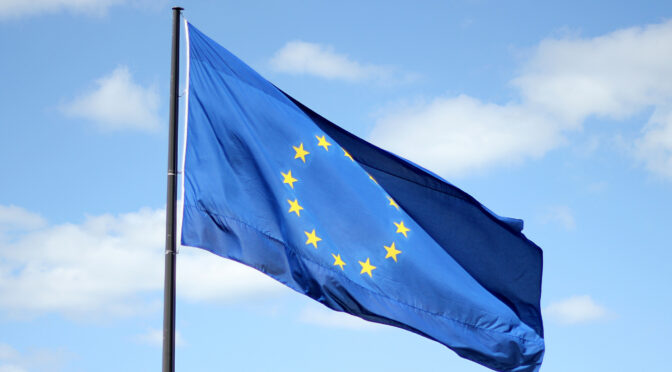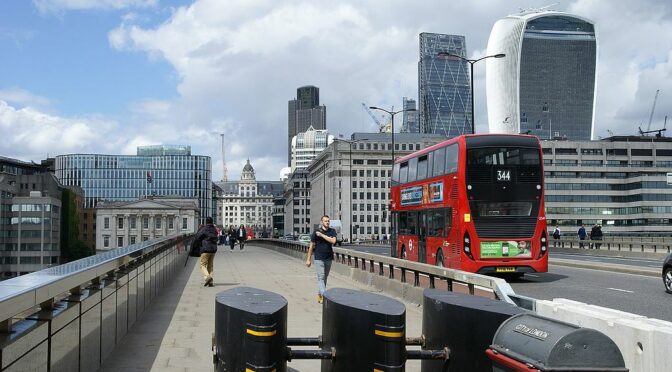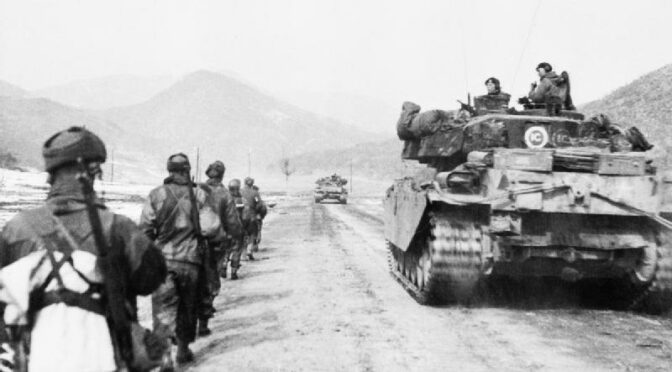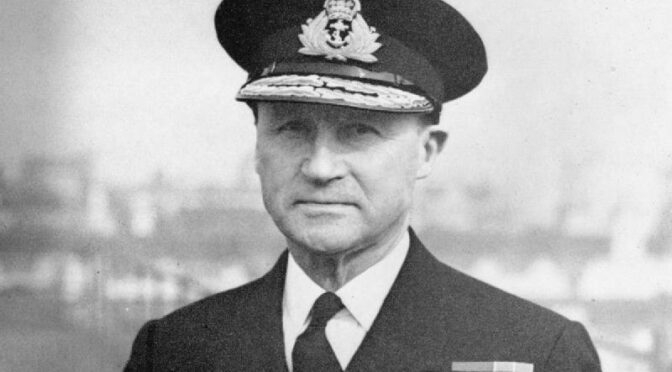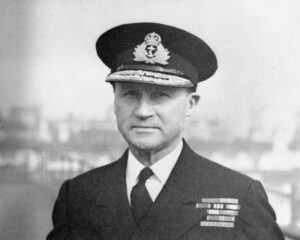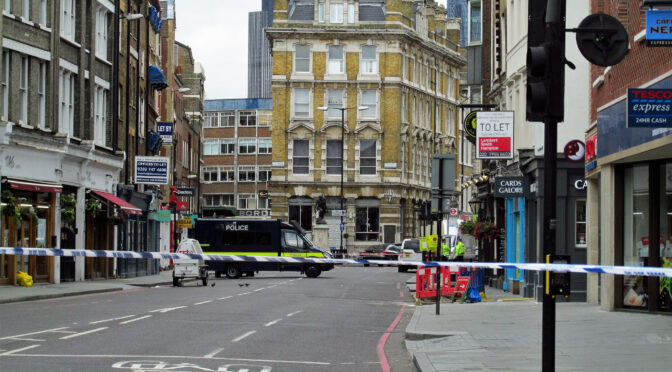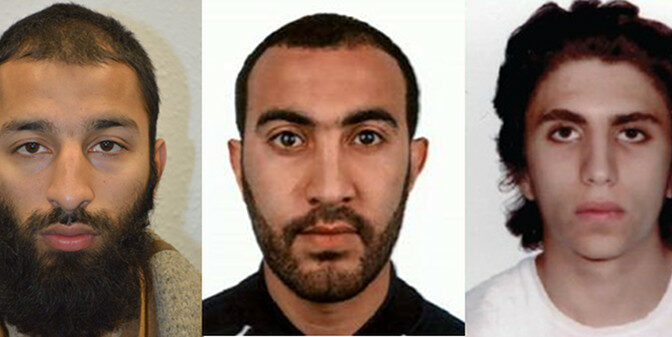Article published in The Sunday Express, 17 September 2017. © Richard Kemp
FRIDAY, when London was hit by the latest terrorist outrage, was also Battle of Britain Day.
This is a very different kind of war.
But if our political leaders showed just a fraction of the courage of the RAF in 1940, they could end this onslaught.
Here is what they must do:
● DENY re-entry to the UK by anyone who has fought with the Islamic State or any jihadist group. They represent the greatest danger.
● STOP unregulated movement from EU countries to the UK, even before Brexit. Under EU rules we cannot even prevent those known to be involved or previously convicted of terrorism from entering.
● VET all those entering the UK from countries where violence is rife, including refugees from countries like Syria. Our humanitarian obligations must not take priority over protecting our own people.
● DEPORT all non-British citizens involved in extremism or radicalisation. Today, we prioritise their human rights above those of their victims. This must stop.
● THROW OUT and ban from their mosques all preachers who contaminate young minds with their murderous messages of hate.
● SET UP special courts to hear evidence based on secret intelligence that cannot be revealed in public.
● SEGREGATE and if necessary isolate terrorist convicts and others who try to radicalise their fellow prisoners.
● TAG those involved in extremism that cannot be deported or imprisoned so their movements can be more effectively monitored. Continue reading


